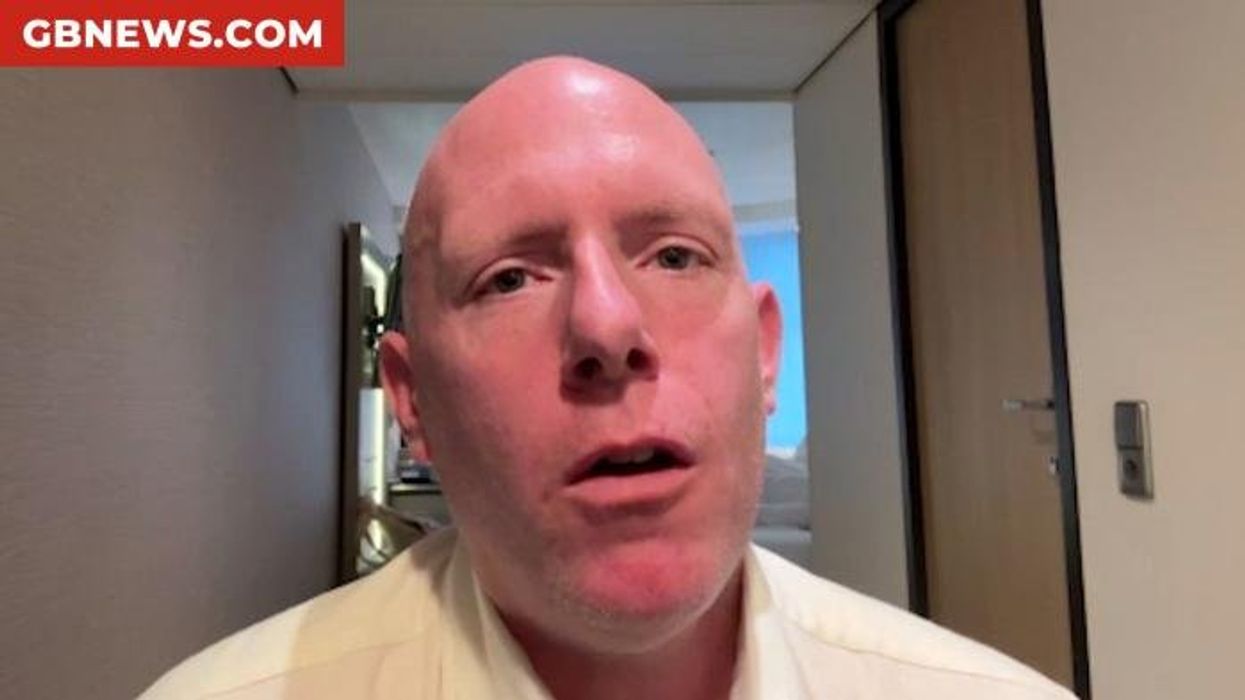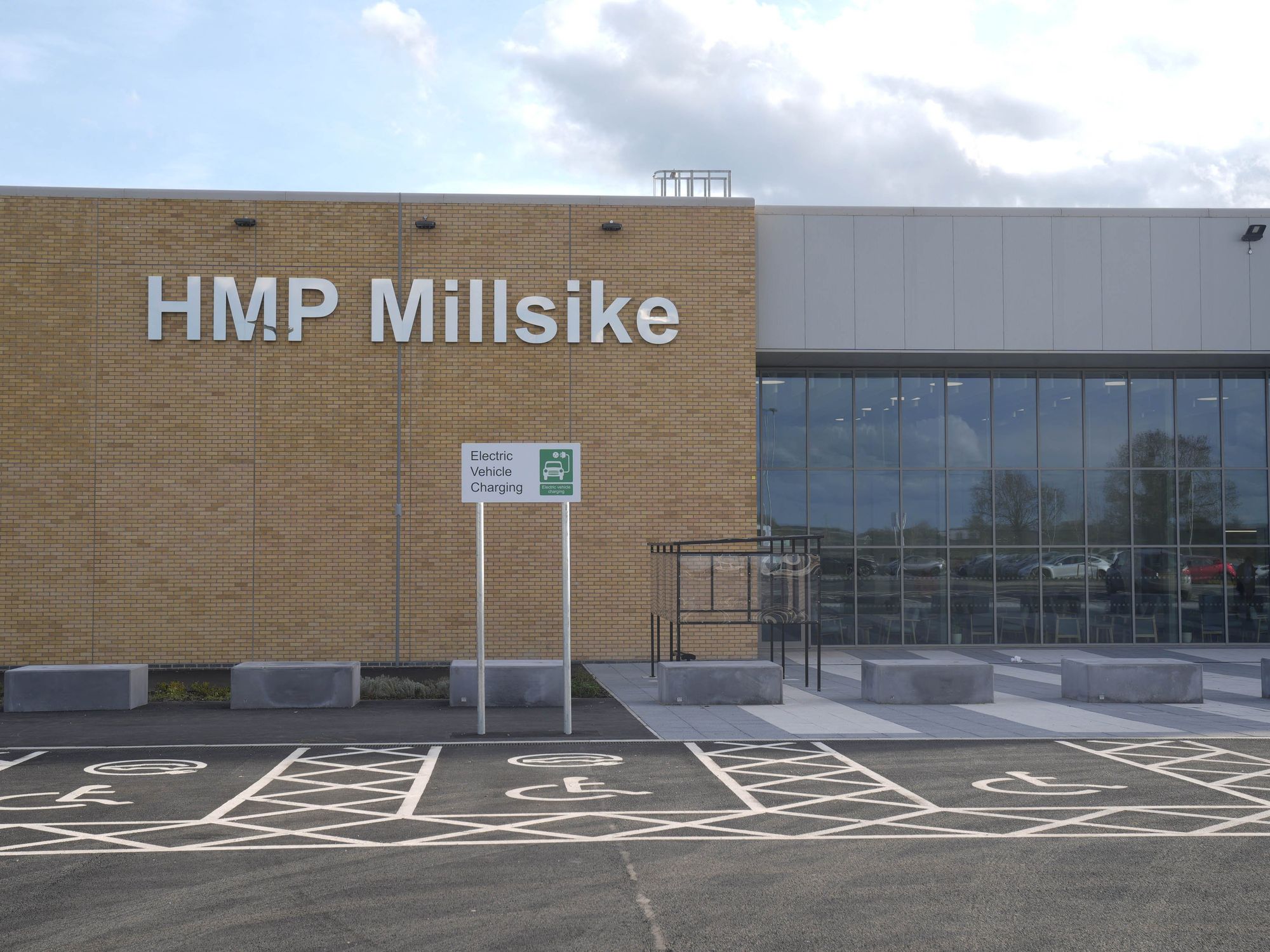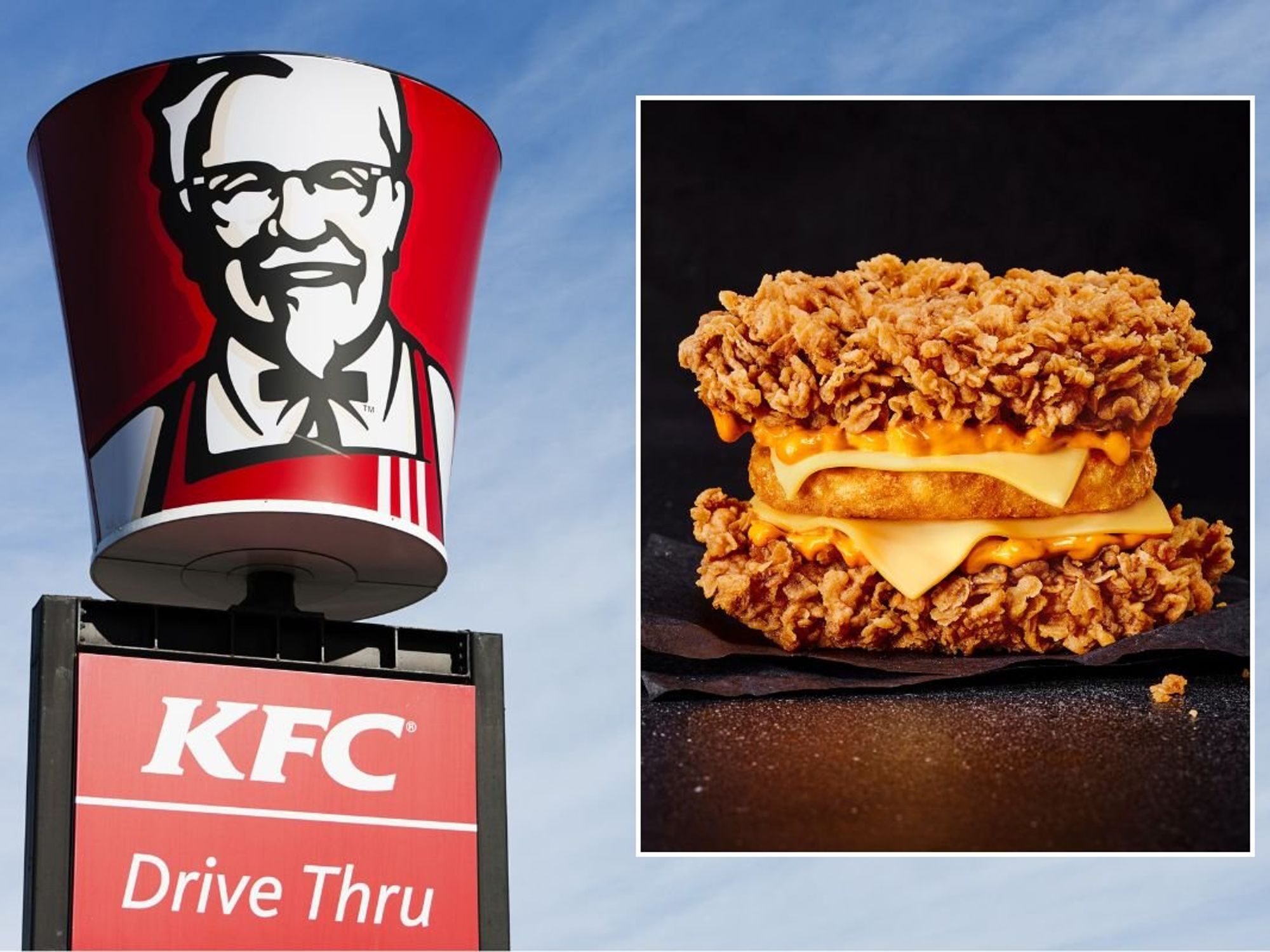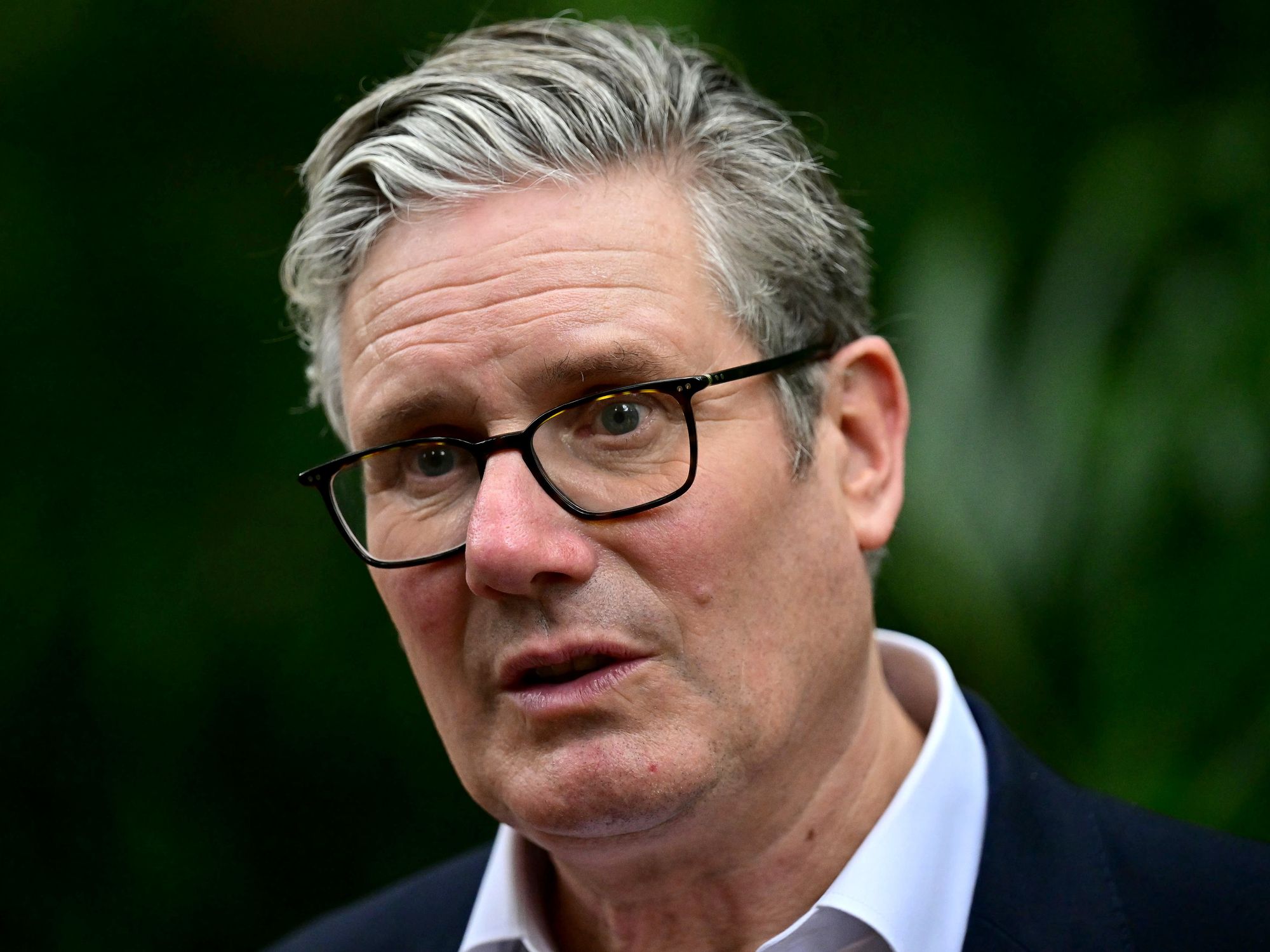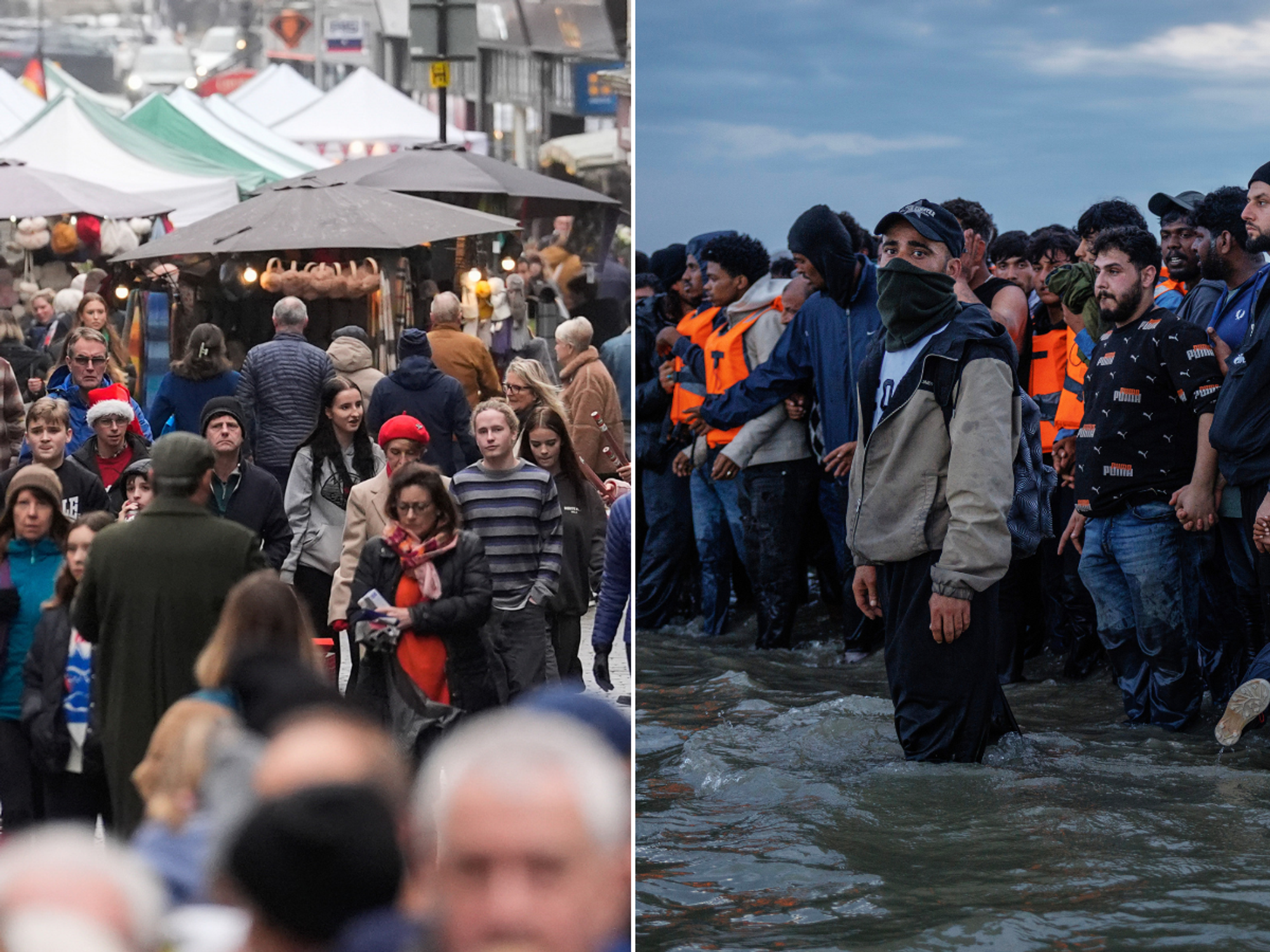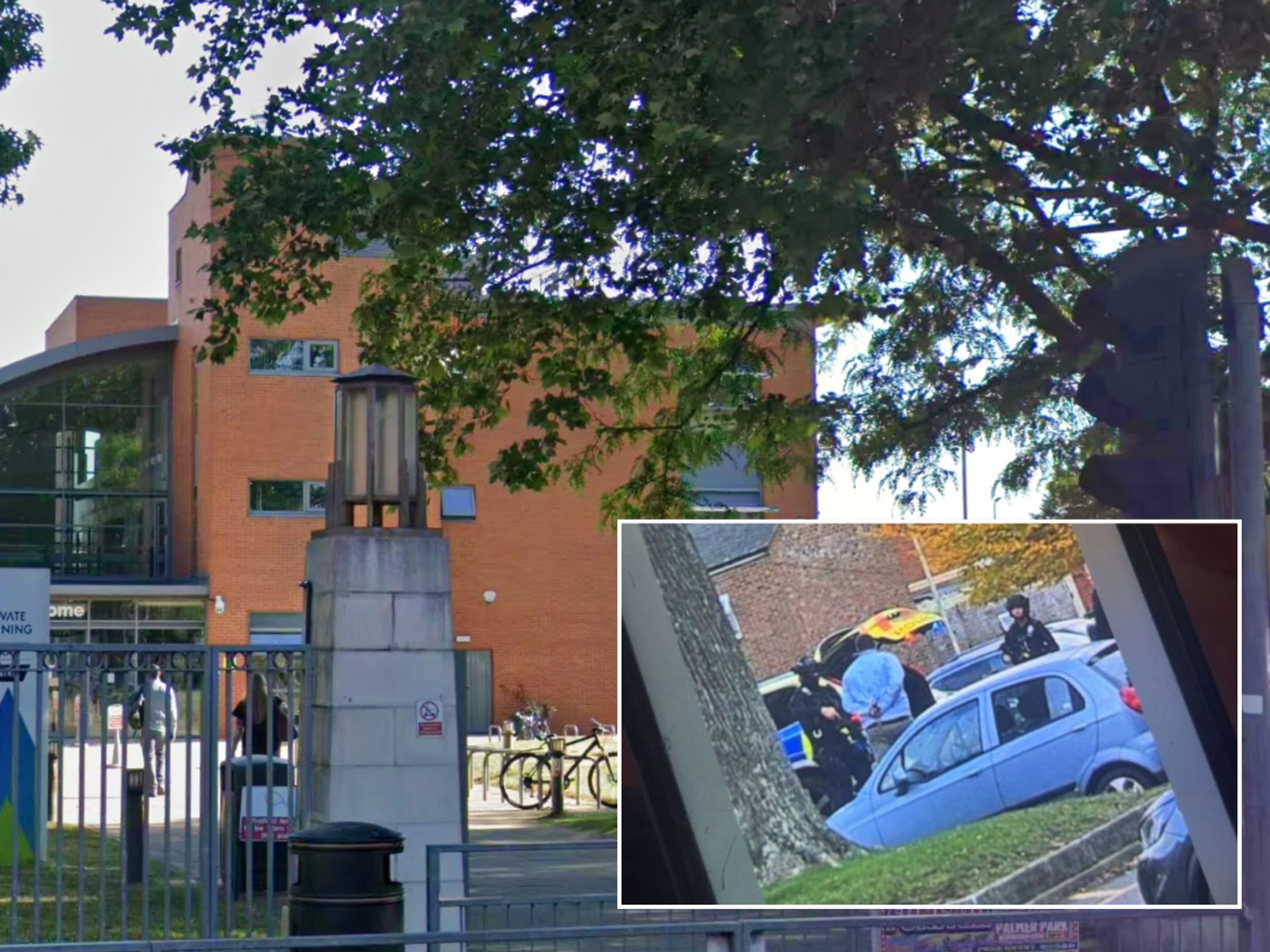If you think we’ve seen peak Reform, you are mistaken. Islamism is not in the rearview mirror - Colin Brazier
The presence of Reform in our politics would be a vital shock absorber, writes broadcasting veteran Colin Brazier
Don't Miss
Most Read
Trending on GB News
Let us, for legal reasons, set aside the specific details of what happened on a quiet suburban street in Uxbridge this week. A man out walking his dog, cut down in daylight.
The story received scant and qualified attention on MSM, but online, there was a deep and abiding repugnance. It felt like a Rubicon had been crossed.
Or more precisely, if oxymoronically, another Rubicon. Because we have been here before. Events which rock us to our foundations leave us unsure of our footing, fearful of what comes next. A sort of dark epiphany. Everyone will have their own. For me, it was the hideous murder of Fusilier Lee Rigby.
A British soldier was slaughtered, not fighting in some corner of a foreign field, but by deranged Islamists, here on the streets of England.
But, sad to say, it might be any number of other atrocities: 7/7, Axel Radukabana, the Manchester Arena bombing. We each will have our own.
What is extraordinary at the moment is how we are becoming inured to horror. I do not say that vile attacks on our way of life have become normalised, but simply that their sheer frequency and volume make some desensitisation inevitable.
As I started writing this piece, for instance, the courts sentenced a Somalian to life in prison for stabbing a random Briton to death at a high street bank in Derby.
There is a mounting sense that, whether it’s acts of terror or criminal savagery committed by illegal migrants, ours is a nation on the edge of a precipice.
The thing about an abyss is that we have no idea where the bottom lies. Will we look back on these days as harbingers of a greater doom, even full-scale civil conflict, or a blip before good sense is made to prevail again?
Like many of us, I imagine, I vacillate on this. By the late Noughties, I remember telling friends that within 20 years, I thought there was a strong chance that the streets of my home city - Bradford - would begin to resemble Belfast, with soldiers performing a street-policing role.
This wasn’t idle fear-mongering. We had just lived through the Bradford riots of 2001. They left more than 300 West Yorkshire police officers injured, with fatalities avoided more by luck than judgement (it was a miracle nobody burned to death after Pakistani-heritage rioters torched a Labour club, barred the doors and bricked the fire brigade when they arrived).
Then came the London bombings of 2005. I spent days with a film crew in the Leeds suburb of Beeston, trying to understand what made three Islamists travel to London in search of victims whose destruction they sought in the name of a supposedly pacific religion.
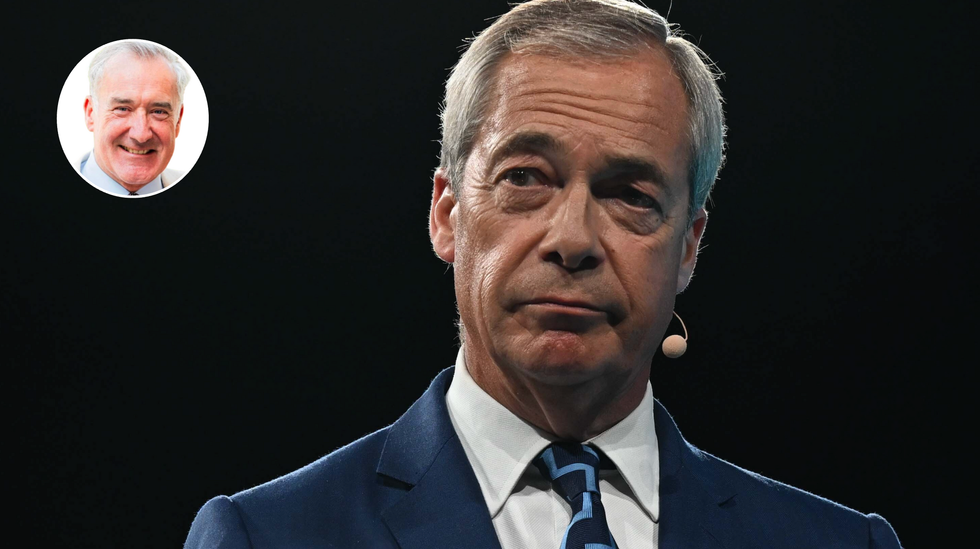 If you think we’ve seen peak Reform, you are mistaken. Islamism is not in the rearview mirror - Colin Brazier |
If you think we’ve seen peak Reform, you are mistaken. Islamism is not in the rearview mirror - Colin Brazier | Getty Images
But I was wrong about the troops. Open sectarian conflict has not come to the British mainland, although the sight of black-clad men marching in Whitechapel recently, in apparent imitation of Islamist militiamen, did conjure up a vision of the future many of us have long feared.
None of us knows where this will end. It’s not impossible Labour will get on top of illegal migration and create a breathing space for assimilation. Nor can we assume that our cities will succumb to territorial expressions of Islamist domination, or that - now that the Gaza conflict is easing - the wind will spill from radical Islam’s sails. I have to say, I am deeply sceptical that either of these things will happen.
As a believer in democratic politics, I want the solution to our woes to come from politicians. I have no faith in those of Labour and, sad to say, I fear the Tories lack the institutional willpower to meet the gigantic challenges of our age.
My decision to surrender my Conservative Party membership last week and join Reform was rooted in a reluctant acknowledgement that only Nigel Farage’s party understands the scale of the problem.
So, to my point. There is an assumption that Reform’s support is capped at about 30 per cent of the electorate. At a push, maybe a third. But this is based on a big assumption. That our society is not convulsed in a way that the US was after 9/11. And the truth is, nobody can be sure.
I remember reading a collection of short stories from Martin Amis called The Second Plane, published in 2008. One of those stories imagined an Islamist think-tank, whose job it was to conceive of new ways to murder as many Westerners as possible, by making the kind of mental leap Osama Bin Laden made when he reconfigured passenger jets as guided missiles.
In his short story, Amis called his group the Unknown Unknowns, a name derived from the famous explanation of threat analysis given by the late US Defence Secretary Donald Rumsfeld. The group toys with various ideas, including going into a sleepy town or village and killing everyone. It’s grim stuff and may not satisfy everyone’s definition of literature.
But it left an impression on me because of the idea that those who would snuff out Western civilisation are constantly seeking a paradigm shift, be that the acquisition of nuclear material or working out that the best way of stabbing as many people as quickly as possible, is by strapping knives to their wrists with tape.
And the truth is, none of us can know whether we are overdue for one of these paradigm shifts in the UK. We know how many active terror plots MI5 is monitoring and, as the IRA was wont to say, we have to get lucky every time; they only need to get lucky once.
God willing, the men who would visit catastrophe upon us will be thwarted in their ambitions. But there is no telling what impact an atrocity of unprecedented barbarism or scale would have on our democratic processes.
The American example is salutary. I think people overlook or plain forget just how radicalising for the Right the ghastly events of September 2001 proved to be.
When the former British prime minister Harold Macmillan was asked what he feared most in politics, he famously replied: “events, dear boy, events”. It begs a question: could an act of Islamist terror alter a future election result in the UK?
It would be folly to think it an impossibility. In 2004, for instance, I was scrambled to Madrid after Al Qaeda killed almost 200 Spaniards at a train station in the city.
The atrocity may have led to the defeat of the incumbent Spanish PM (it was widely held that the attack was a form of punishment for Spain’s support for the War on Terror, although Al Qaeda’s statement claiming responsibility suggested it had more to do with the Islamic reconquest of Andalucia).
For what it’s worth, I think Reform will win the next election. Not because the electorate is somehow shocked into voting for them by a massive terrorist outrage, but because every week, terrible crimes are happening at the hands of people who ought not to be here.
That said, if there were to be such an atrocity, the presence of Reform in our politics would be a vital shock absorber.
Because, without Reform, millions of people would career rightwards, towards extremists who would not be willing, as Nigel Farage is, to sit in Parliament, participate in civil debate and listen to contrary arguments.


